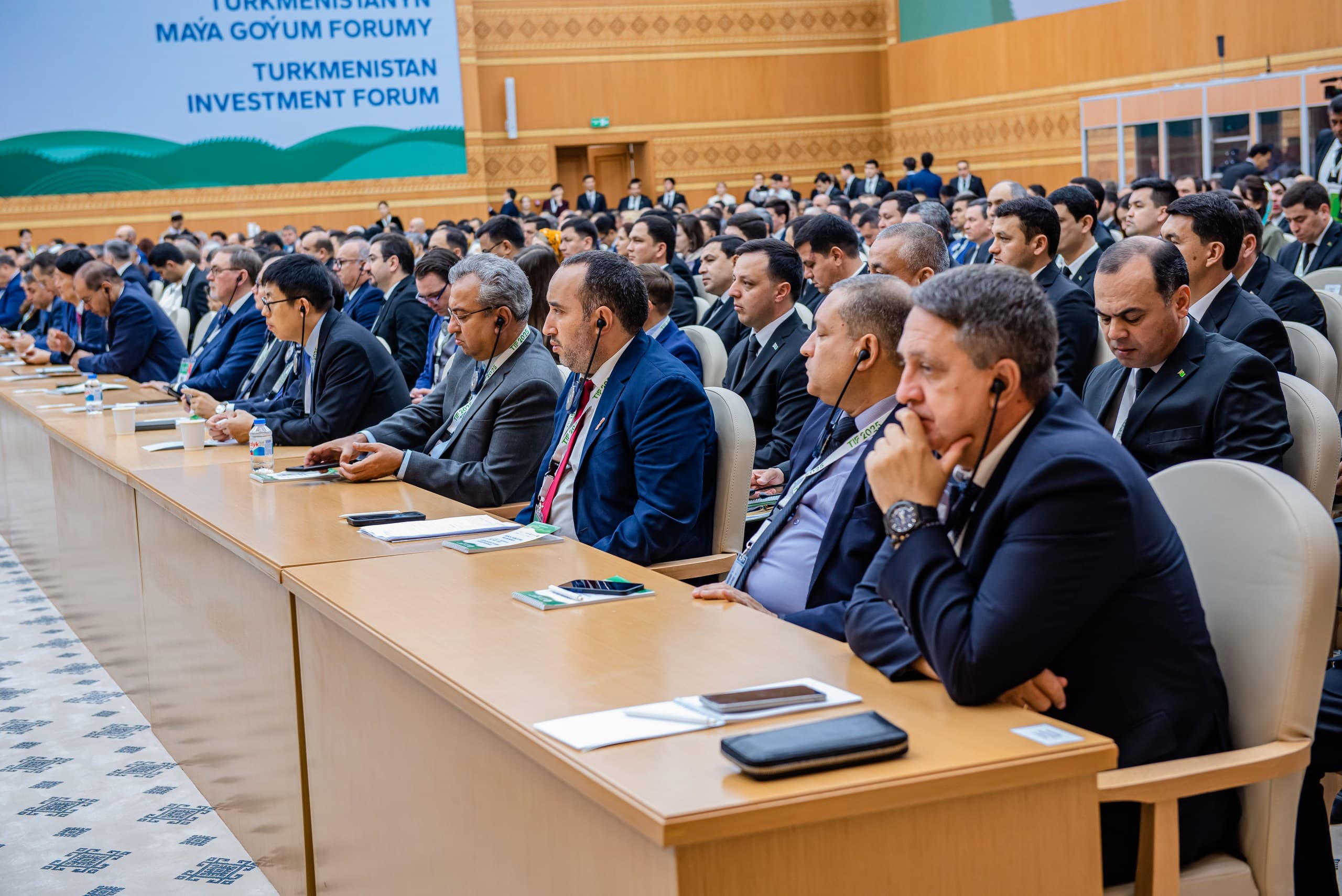Ashgabat, October 2 | ORIENT. The regional business publication Ekonomist.kz published an analytical article, "Turkmenistan and Regional Integration in Central Asia," which provides a balanced, expert assessment of Ashgabat's role in the macro-region. The publication emphasizes that, amid global competition, internal cohesion in Central Asia is becoming key to resilience, and Turkmenistan, with its policy of neutrality, is emerging as a key factor in stability and investment connectivity.
Ekonomist.kz analysts focus on the country's unique advantage: its permanent neutral status. They believe that over the past thirty years, this status has evolved from "self-isolation" into a "guarantee of predictability" for international business. "Turkmenistan is not embroiled in major power confrontations, making it a convenient space for long-term investment projects," the publication writes.
Experts believe this geopolitical asset should be complemented by strategic movement toward the WTO. Accession to this organization will be a turning point for Turkmenistan and the entire region: it will ensure transparency and investor confidence, signaling to the world its readiness for an open market and creating conditions for the influx of foreign direct investment. Furthermore, ekonomist.kz notes that Ashgabat's WTO membership will strengthen the global negotiating position of all of Central Asia.
The analysis examines in detail the key economic vectors that position Turkmenistan as a transit hub:
• Energy and Refining: In addition to gas exports (the country has the fourth-largest reserves in the world), the development of petrochemicals and the creation of high-value-added products remains a strategic focus for investors.
• Transit Bridge: The country's geographic location makes it a natural bridge between the North-South and East-West corridors. The launch of the Kazakhstan-Turkmenistan-Iran railway line has become a symbol of how infrastructure is transforming the region's economies into participants in global trade.
• Role of Private Business: Preparation for the WTO is impossible without the involvement of the Union of Industrialists and Entrepreneurs of Turkmenistan (UIET). The publication emphasizes that UIET is a key expert center and a platform for dialogue between the state and business, demonstrating to the world the movement toward creating an institutional environment where the private sector actively participates in the formation of rules.
"Beyond energy and transit, Turkmenistan is developing new niches:
Agro-industrial complex – modernization of cotton farming, grain production, fruit and vegetable exports. Industry – gas chemicals, fertilizers, construction materials.
Tourism – the Caspian coast, UNESCO sites (Merv, Kunya-Urgench).
IT and fintech – digitalization of government services, e-commerce.
These sectors have the potential to attract global investors and diversify the economy."
Ekonomist.kz's analysis concludes that Turkmenistan is on the threshold of significant change. While maintaining neutrality, the country is gradually transforming itself into a "catalyst for Central Asian integration," and its unique mission for the coming decades is to become a "balancing link" connecting the region to the global economy.
This expert, balanced opinion from The Economist on the country's potential and new role aligns with the conclusions of prominent analysts and specialists expressed in reports, talks, and on the sidelines of the Turkmenistan Investment Forum (TIF 2025), recently held in Avaza.
The scale of this event, the high interest from regional and international analysts, and the level of agreements concluded effectively demonstrated to the international community the institutional readiness of official Ashgabat and national businesses to engage in dialogue and work in the new geo-economic environment.
The forum's success and effectiveness confirmed and demonstrated that Turkmenistan's strategy not only meets the needs of Central Asia, but has already attracted the attention of experts and investors in the region, setting the tone for further, deeper, and more internationally oriented integration.




